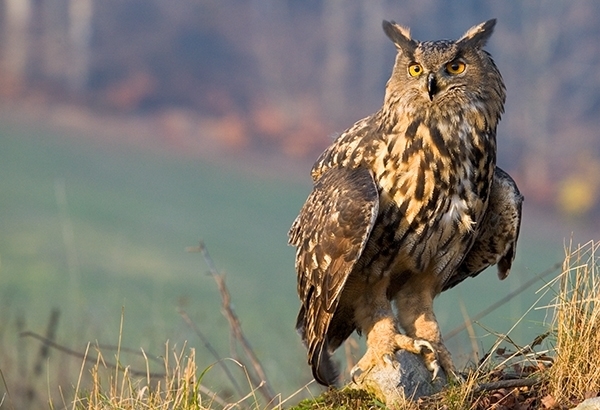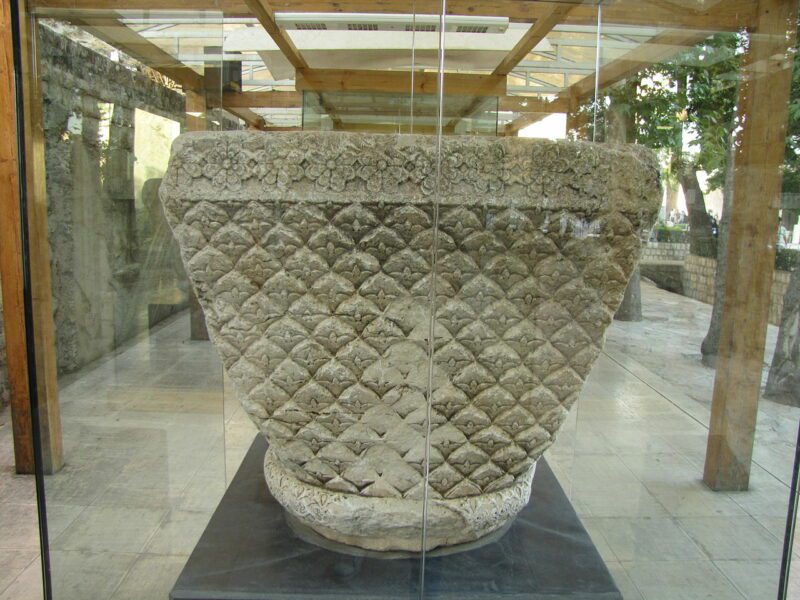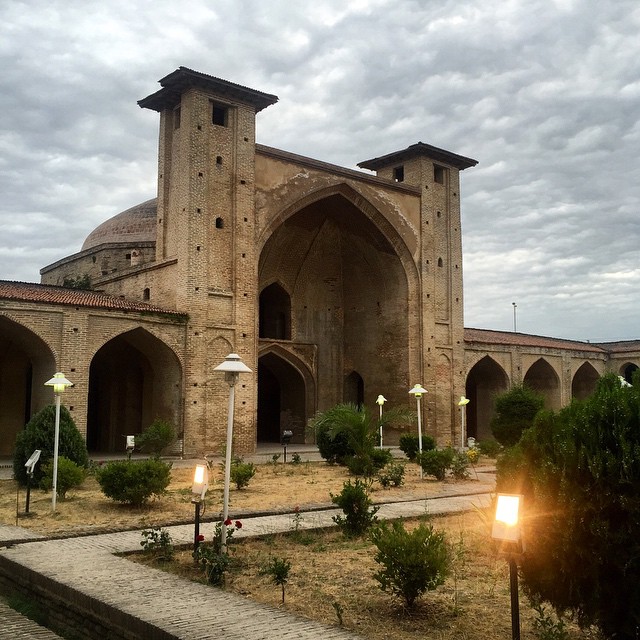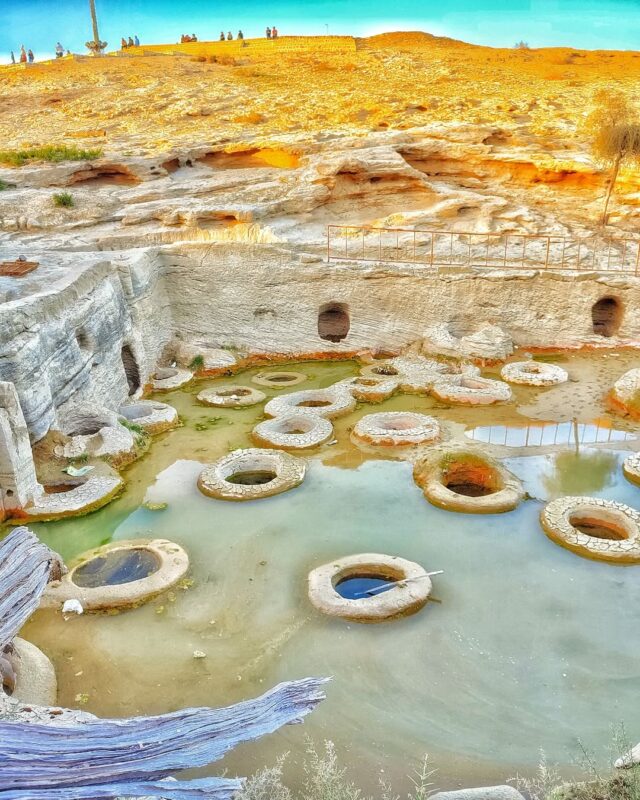The horned owl of Sistan and Baluchistan, Iran, also known as the desert eagle owl (Bubo desertorum), is a majestic and fascinating creature that reigns supreme in the region’s arid landscapes. Here’s a glimpse into its world:
A Desert Royalty:
Majestic Appearance: Standing tall at around 2ft, with striking golden eyes, prominent ear tufts, and a powerful wingspan, this owl commands respect in its domain.
Nocturnal Predator: A skilled hunter, it utilizes its keen eyesight and silent flight to navigate the darkness, preying on rodents, reptiles, and even small mammals.
Adapting to the Arid: The horned owl thrives in Sistan and Baluchistan’s harsh environment by nesting in rocky crevices, conserving water through efficient metabolism, and utilizing the desert’s limited resources for sustenance.
Cultural Significance:
Symbol of Wisdom and Strength: In Sistan and Baluchistan’s folklore, the owl is often associated with wisdom, strength, and guardianship, earning it respect and reverence among local communities.
Inspiration for Art and Music: The unique features and nocturnal habits of the horned owl have inspired countless artistic expressions in the region, from intricate embroidery motifs to captivating folk songs.
Importance in Conservation Efforts: Protecting this apex predator is crucial for maintaining the delicate balance of the desert ecosystem and preserving its cultural significance for future generations.
Threats and Conservation:
Habitat Loss: Encroaching human activity and development can disrupt nesting grounds and fragment the owl’s habitat, posing a significant threat to its population.
Poisoning and Hunting: Accidental poisoning from pesticides and illegal hunting practices remain dangers for this vulnerable species.
Conservation Initiatives: Efforts are underway to raise awareness, protect owl habitats, and educate local communities about the importance of this magnificent bird.
Supporting the Desert Owl:
Spreading Awareness: Sharing information about the horned owl’s plight and cultural significance can help garner support for conservation efforts.
Supporting Conservation Organizations: Contributing to organizations dedicated to protecting owls and their habitats in Sistan and Baluchistan can make a tangible difference.
Responsible Tourism: Choose eco-friendly travel practices and avoid disturbing owl habitats during your visits to the region.
By appreciating the beauty, ecological role, and cultural significance of the horned owl of Sistan and Baluchistan, we can contribute to its continued reign over the desert landscape. Remember, even the smallest actions can make a difference in preserving this remarkable creature for future generations.
The horned owl of Sistan and Baluchistan




Join The Discussion